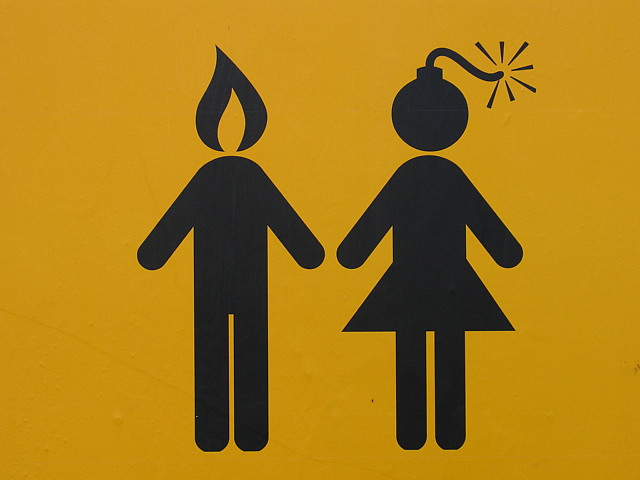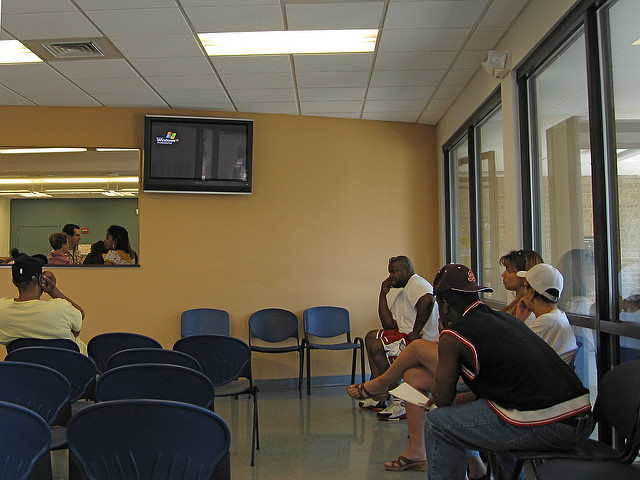How Mediation and Arbitration Play a Role in Divorce
If you are going through a divorce in Raleigh, you may hear the terms “mediation” and “arbitration.” But what are they? Some people use these terms interchangeably, but they do not mean the same thing. Let’s break down the differences and how they may play a role in your divorce.
What is the difference between mediation and arbitration?
If you and your partner choose to try mediation, you are working together with a neutral party to reach agreement. In mediation, the parties retain control over their case.
In arbitration, In arbitration, each party presents his or her case in front of a private judge, who makes a decision that is legally binding for both sides. The arbitrator will listen to the evidence, review the exhibits and then usually prepares a written decision, resolving the parties’ respective claims.
Who Can Mediate or Arbitrate?
Mediators can be attorneys, but they are not required to be. There are no specific requirements for mediators in the State of North Carolina; however, certified mediators are trained to effectively facilitate this process. Although arbitrators are not required to be lawyers, most arbitrators are in the legal profession. Lawyers will most likely recommend an arbitrator who has experience and a proven reputation for being fair.
What are the benefits of mediation?
The biggest benefit of mediation is that the individual parties retain control over the outcome of their case. In arbitration and going to court, the parties lose control of the outcome of the case because a judge or an arbitrator decides the outcome.
Another benefit of mediation is that it is a more relaxed environment, where parties have the opportunity to discuss their case with not only their attorneys, but also with a neutral third party.
Finally, mediation gives the parties control over the amount of time they spend negotiating the case, as well as the outcome of the case. This process allows people to weigh the cost and benefit of each position with their own lawyer and with the mediator and then make appropriate business decisions to resolve the case.
When is arbitration useful?

Arbitration is most useful in complex cases involving business valuations or complicated financial or custody matters. Arbitration allows for a bit more convenience because parties do not have to deal with security and parking at the courthouse, and they can schedule a convenient time that works for all the parties involved, rather than being at the mercy of a judge’s tight schedule. An arbitrator acts as a judge and listens to evidence, reviews exhibits and prepares a written decision based on the evidence. The written decision is then disseminated to the attorneys and parties in a timely manner for a clear plan of action. This procedure is much more efficient and alleviates many questions and delays.
How is arbitration different from going to court?
Arbitration frequently takes place in a lawyer’s office. The final decision is made by a third party in both cases, but arbitration can be less expensive than going to court and offers more flexibility. With arbitration, the parties and their lawyers may more easily plan uninterrupted time for the arbitration. They are also not at the mercy of the judges’ very heavy caseload and can use the flexibility afforded by the less formal arbitration process to arrange for witness testimony, which may otherwise be impossible.
Information provided by Second Saturday Wake County advocate Smith Debnam Law. Learn more about mediation and arbitration at http://www.familylaw-nc.com.






